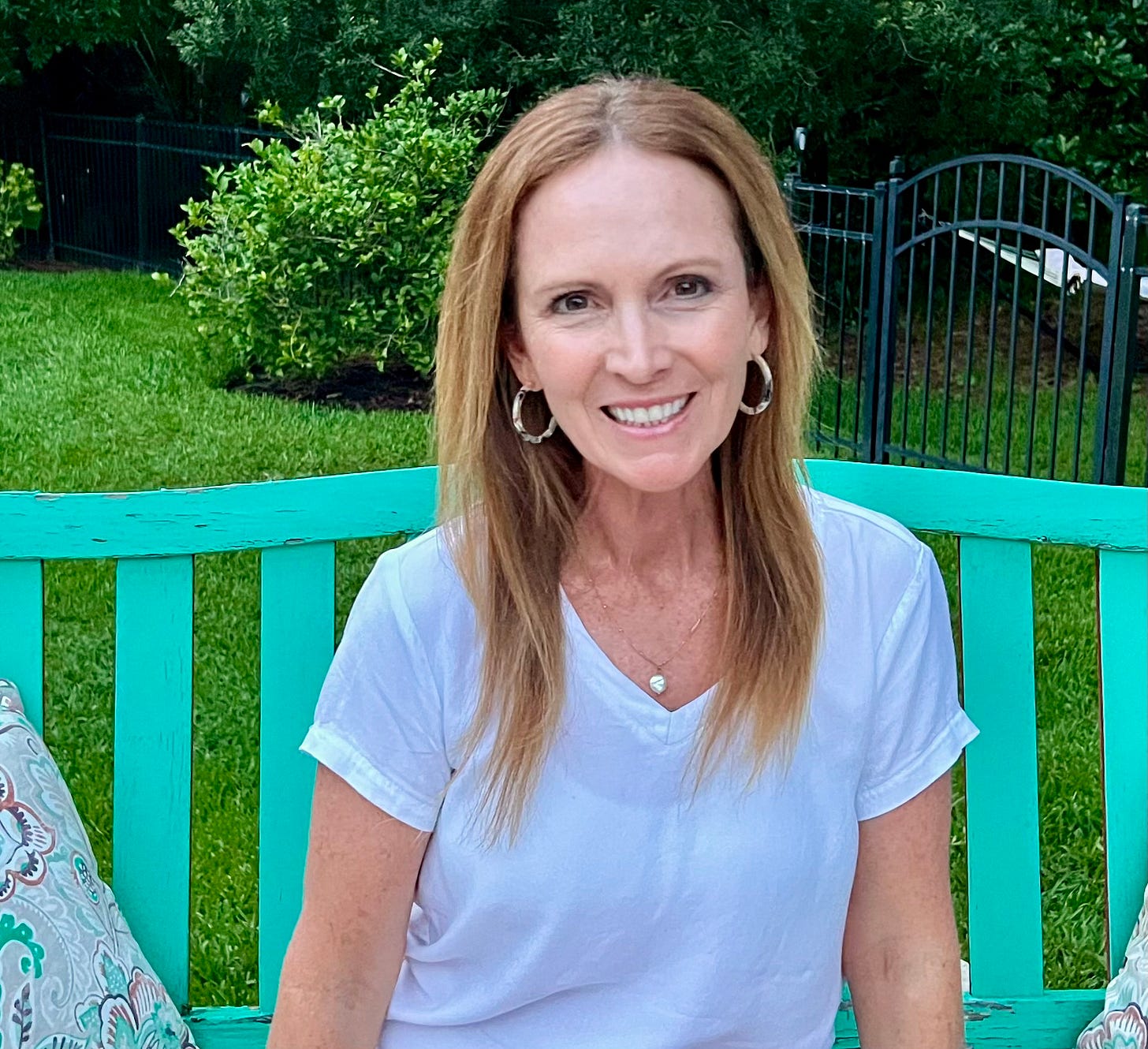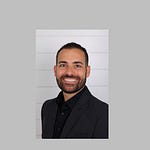Hi friends! On today’s episode of Draw Near to Me, we will be going over part 6 of Julie’s faith journey. For those who prefer to read, today’s content is also posted down below. I love how faithful Julie and Gary were as they continued moving forward with the orphanage, even in times when God’s plan was not clear. It encourages me to keep trusting in the Lord in difficult times where there is more confusion than clarity. With that, let’s dive into Julie’s story. Enjoy!
Over time, one of the issues we saw with many orphanages was that they inadvertently institutionalized children. Often, there was someone who cooked and cleaned for them, told them what to do, and where to be. When orphans aged out of the system at 18 years old, many had nowhere to go and no life skills to take care of themselves. We wanted to establish something different.
Our hope was not just to have an orphanage, but to also incorporate an orphan transition program. That meant giving the orphans the ability to learn ways to sustain themselves. We wanted to equip the children with everything they needed to be successful in life, starting with Jesus and extending into practical skills.
When we bought the land for Manos de Fe, there was absolutely nothing on it. It was just land. We hired an architect to draw out plans for the orphanage, but it looked like a big institutional building with guys on one side and girls on the other. Although we did not want that setup for the orphans, we were able to repurpose the architect’s plans. After a few changes, the building became a mission center to house mission teams that came to Manos de Fe.
In search of a different housing model for the orphans, Gary and I toured other places in Panama and Haiti. We discovered some orphanages had cottage, family style buildings for their children, which we decided to use at Manos de Fe. However, although mission teams came down to help us build up the site, we still did not have orphans to put in the cottages we constructed.
Meanwhile, we struggled with the Panama government over getting the orphanage licensed. We would get something approved, but then the administration would change and setback the process. Whenever there was a new president, a whole new staff of administrators for different organizations were brought in. Each time, they had a different way of doing things.
Additionally, while we were trying to get licensed, a huge scandal broke out in Panama. Apparently, a couple of pastors that worked at a separate orphanage were sexually abusing children. The Panama government put the brakes on everything. The result was the creation of a whole new organization to oversee the care and welfare of orphaned and abandoned children.
While we understood why they needed to fix things, the newly implemented system was based off the UNICEF rulebook for orphanages. These rules worked well for huge orphanages with a hundred children, but they were not functional for smaller organizations. Though broadly applied, the rules did not make sense for all formats. Furthermore, in the scramble to start the new system, no one knew who was doing what. It was very challenging.
Another major obstacle was the lack of consistency regarding what rules would be implemented. The UNICEF rule book was open to interpretation for whoever was reading it. This proved to be very difficult. We did everything one inspector asked us to do to get approval, but it took a long time to get another inspection to verify the changes. Typically, six months. The lapse in time was so long that the next inspection was conducted by someone else. Often, the new inspector had a different interpretation of the rules and wanted additional changes. It was a repetitive cycle and time was just pulling.
Communication with the welfare organization was frustrating at times. They thought we had kids at the orphanage, but we did not. We received notices to send a monthly report for the number of kids we had on site or face penalties. In my mind I thought, “Okay, hold on, let me count. None!” It was getting to a point where I sometimes asked God, “Is this not what you want?” We had been so sure, but there were so many times where we were told we would receive orphans and then nothing happened. Something was constantly coming up that turned the answer into a no.
Regardless, we moved forward with building up Manos de Fe in preparation for what we felt God was calling us to do, even though nothing had come to fruition. In our minds, we kept building not in the hopes that it would be an orphanage, we built knowing that it was an orphanage. We decided we were going to be ready when God was ready. After that it was up to God’s timing and when He wanted to move.
While we waited for the orphanage piece, we began other projects in the community. We had mission teams come down since there was still a lot to do. We began a family assistance and community outreach program to help others in the area. This program still exists today. We did Bible lessons, worked with local schools and churches to do projects such as building bathrooms for schools that did not have any, and whatever project was needed. So much good occurred and so many lives changed during that time. In retrospect, these things may not have happened if we had been immediately given an orphanage.
God knew what He was doing, even though we were impatient. We were not mad at God, but we were confused. On many occasions we wondered, “Why is this happening?” There was one incident, in particular, that really stood out.
We were contacted and asked to receive kids from an overcrowded orphanage. It was so bad that they slept 3 to a bed. Typically, there was 1 tia, a house mom, for 6 babies but it was so overcrowded that the ratio was 1 to 13. In preparation to take in some of the kids, we hired a tia, bought baby beds, and got supplies. Everything was ready. We waited for those kids, but they never came. We later discovered that the person who ran the public orphanage would not give up the children. It turned out she was paid more by the government for every orphan she had. In the end, money was dictating the welfare of those kids.
Soon after that incident, I was walking on the beach near my home furious with the situation. It was the tenth or so time that we were told we would receive kids at the orphanage and then nothing. Although I knew many blessings and good things had happened at Manos de Fe already, we still did not have any children there.
What was going on made no sense in my head. There were kids living on dirt floors with no electricity and no running water. Meanwhile, we had all these beautiful cottages at our place waiting for these children, but all our buildings were still sitting there empty. We could be helping so many people, but we were waiting for the government to tell us what to do.
I asked God, “If this isn’t what you want, then what do you want? Why are we there?” Suddenly, it was the clearest answer, an epiphany of sorts. God said, “Why are you laying your gifts at the foot of the Panama government? Why are you doing that? Why aren’t you helping people the way I tell you to do it. I don’t need for them to give you clearance. Go help. Figure it out and do it.”
In that moment, I realized we could do things under the radar. Instead of getting orphans, we could help women who were over the age of 18 keep their babies. Let’s prevent kids from becoming orphans instead. When that thought came, I had peace.
I came home from the beach and immediately told Gary what I firmly felt God was telling me. Gary thought it was interesting because it made so much sense. He wanted to pray about it and refer to the Bible. When Gary came back into the room, he started talking about how orphans in the Bible were fatherless children, but not necessarily motherless as well. Gary then pulled up a particular verse, James 1:27.
Religion that God our Father accepts as pure and faultless is this; to look after orphans and widows in their distress and to keep oneself from being polluted by the world. James 1:27 (NIV)
Gary then focused on the second part of the verse that said not to be polluted by the world. Often no one ever mentions the rest of this sentence, but for us it made sense. We realized how relevant it was considering all that was going on with the Panama government. We were letting them impact what we were trying to do.
With this new realization, we felt a sense of relief. We thought, “Okay God, we will let you run this and not us.”
The next step was to have a conversation with the Panama government to inform them that we were no longer in pursuit of running an orphanage. It was through that meeting that God did something unexpected.
To be continued.
If you enjoyed this post, please consider sharing it with others by hitting the share button. If you are not already a subscriber, consider doing a free or paid subscription so you do not miss any content and to support my work. Thank you!
Introductory music credits: Music from #Uppbeat (free for Creators!): https://uppbeat.io/t/andrey-rossi/seize-the-day License code: 3FBNGCNR20LRGFAS












